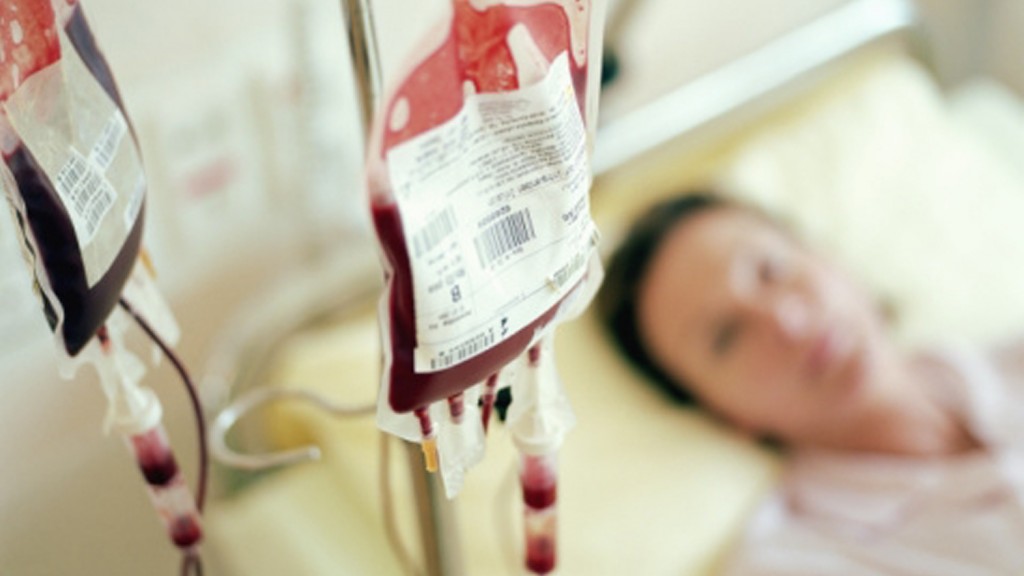Scientists at the United Kingdom’s National Health Service has announced that they will be attempting giving human volunteers “synthetic blood” made in a laboratory within the next two years. If successful, this breakthrough by the NHS could revolutionize treatment for seriously ill people with complex blood types.
The trial will involve small transfusions of a few teaspoons of synthetic blood to test for any adverse reactions. It will allow scientists to study the time the manufactured red blood cells can survive within human recipients. Eventually, the NHS hopes that it will be able to make unlimited quantities of red blood cells for emergency transfusions. But, at the moment, the immediate goal is to manufacture specialised donations for patients suffering from blood conditions such as sickle-cell anaemia and thalassemia, who need regular transfusions.
The project is one of eight goals of the 2020 research and development programme which aims to develop transfusion, transplantation and regenerative medicine over the next five years. With the demand for blood donations going up and the number of new blood donors declining, the NHS is taking proactive steps to maintain supply and keep the price of blood as low as possible. With artificial blood, the team can better match transfusions for patients with conditions like sickle cell anaemia, who require regular transfusions and rely on blood from compatible donors.[blockquote cite=”Dr Nick Watkins, NHS Blood and Transplant Director” type=”left”]”Scientists across the globe have been investigating for a number of years how to manufacture red blood cells to offer an alternative to donated blood to treat patients. We are confident that by 2017 our team will be ready to carry out the first early phase clinical trials in human volunteers.”[/blockquote]



